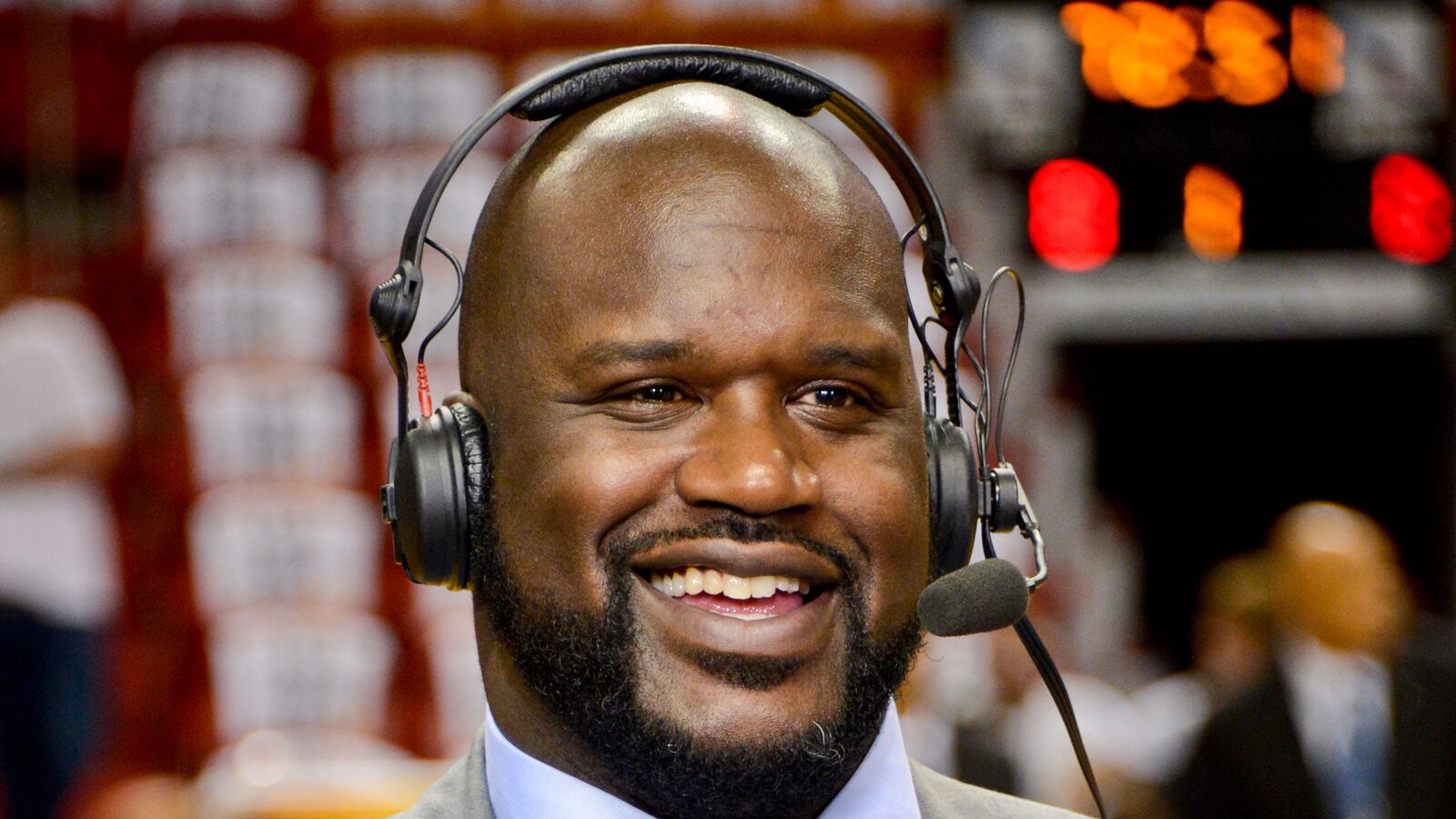
— By Shaquille O’Neal
Most of you know me as Shaq, longtime NBA center for the Lakers and the Heat. I want to dive into the topic at hand—health care—but thought I would first give you all some context as to how I became involved with the World Economic Forum’s Voice of Leaders campaign.
For the past few months, I have been engaged with the technology company Qualcomm, learning about how wireless and health technologies can improve health and cut the costs of health care. I’m intrigued by the opportunities in this area so immediately jumped at the chance to join in the debate on health.
I am also personally invested in helping to support programs to reduce chronic disease around the world. My father recently passed away from complications relating to diabetes, underscoring the need for more programs that enable patients to better manage chronic diseases.
In fact, 860 million people worldwide have at least one chronic disease. And not only are these millions of people struggling to manage their diseases on a daily basis, but chronic disease is actually the leading cause of death in both developed and developing nations. Diabetes alone affects more than 347 million people worldwide and a 2011 study predicted it would be the seventh leading cause of death by 2013.
I see a huge opportunity here to educate patients with a chronic disease, particularly those who have or may develop type 2 diabetes, about the amazing innovations entering the market today to help them manage their disease and reduce the risk of serious complications.
It is also critical that we empower all people, not just those who have already been diagnosed with chronic diseases, about how they can better manage their health. As a 7'1'’, 335-pound man, I am eager to learn about how I can proactively maintain my good health using today’s technology.
What’s surprising is that most people know more about the health of their cars than they do about their own bodies. We adhere to the required car-maintenance schedules, fill up the tank when fuel runs low and take our dashboards’ warning lights seriously. But how many of us comply with the medication regimens our physicians prescribe? Or drink more water when we know we are dehydrated? In fact, when we don’t feel well, many of us continue to avoid the doctor’s office like the plague!
In the past, people had to rely on physicians for check-ups, diagnosis and general health tips, and their experience with their health system was usually time-consuming, inconvenient and costly. But all of this is changing. Fast.
Consumers can now monitor their health and fitness, better manage their chronic diseases or avoid them altogether, and receive highly personalized health advice using digital health solutions. I have been using a FitBit, a connected activity monitor, to manage my fitness levels and am finding motivation in the real-time data I can collect on my movement—or lack thereof! Not only can mobile health technologies be engaging, social and easy-to incorporate into your everyday lifestyle, but using them for health monitoring will actually save between $1.96 billion and $5.83 billion in health-care costs worldwide by 2014.
The latest technologies can’t solve all of our problems, though. Throughout my career I have found that when individuals come together for a common goal, whether it’s to win an NBA championship or reduce the number of people with chronic disease globally, greater results are achieved. We are on the verge of a new wave of breakthroughs in medical and wireless technologies, legislation and more, but unless we all come together to collaborate across public and private sectors and across educational systems and research institutions we will not see significant change and improvement.
(Read more: Live blog: What’s happening at the World Economic Forum in Davos)
That’s why I am joining forces with the World Economic Forum, who are encouraging a global shift towards healthy living and supporting healthy, active lifestyles at individual, community and societal levels.
Over the course of my NBA career, the one thing I learned above all others is that it takes a team effort to beat the odds and win big. I urge you to get in the game with me and become involved where you can, whether it’s in your own family, in your community or in your work environment; let’s work to empower consumers to win big by proactively managing their health and reduce their chance of developing a chronic disease.
More from CNBC:






